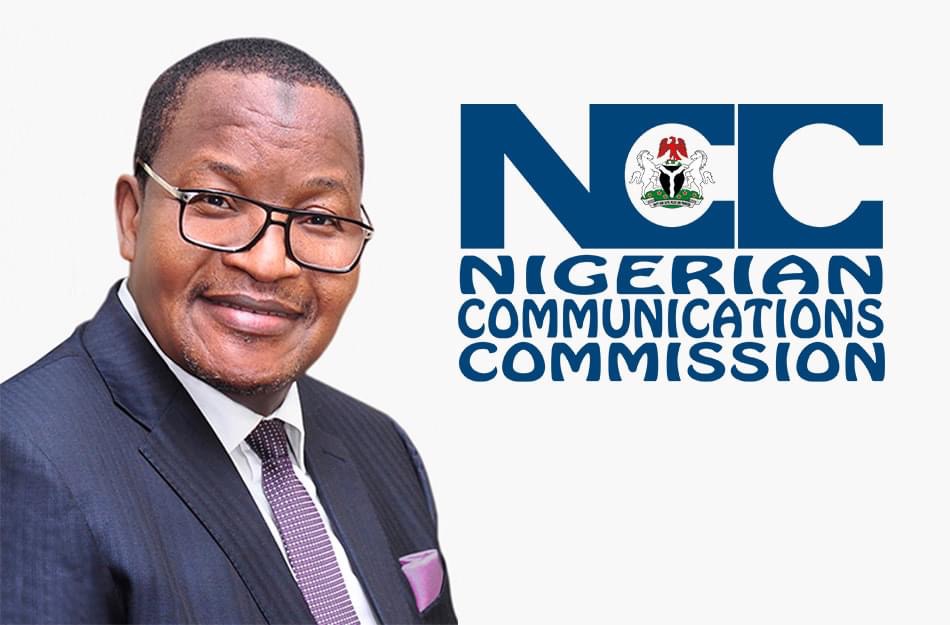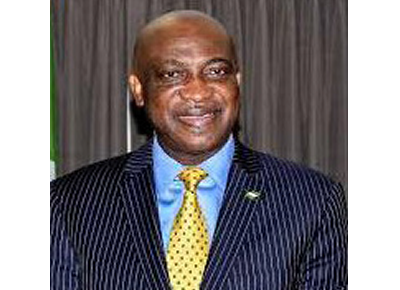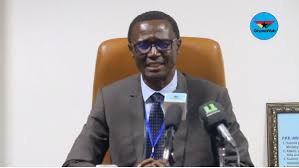The Nigerian Communication Commission (NCC) has solicited the cooperation of all stakeholders in the nation’s telecommunications industry in its sustained drive targeted at combatting electronic fraud (e-fraud) on telecom platforms and building consumer confidence in the nation’s fast-growing digital economy.
The Executive Vice Chairman (EVC) of the NCC, Prof. Umar Danbatta, made the call for partnership with the regulatory commission during the 2nd Quarter 2023 Industry Consumer Advisory Forum (ICAF) meeting held Thursday in Lagos.
Specifically, the EVC, who said e-fraud encompassed a wide range of malicious activities carried out via electronic means, including identity theft, phishing, hacking, and unauthorised access to personal and financial information, with the intention to defraud or take advantage of victims, stressed the need for telecom operators, regulatory bodies, law enforcement agencies and consumers must collaborate, with each fulfilling their responsibilities to tackle e-fraud.
Noting that these criminal activities might not only cause significant financial losses but also erode consumer trust in the digital ecosystem, the industry regulator recalled that in recent years, Nigeria had witnessed remarkable growth in the digital economy, revolutionising the way Nigerians communicated and conducted businesses.
Danbatta, who maintained that the telecom sector played a pivotal role in enabling this digital transformation by providing the infrastructure and connectivity that facilitated the interconnected world, however, said the advancements came with new challenges, one of which was the rising tide of e-fraud and cybersecurity concerns.
According to him, it is in furtherance of the commission’s efforts to protect telecom consumers that the Nigerian Communications Commission’s Computer Security Incident Response Team (NCC-CSIRT) periodically notified telecom consumers on the latest cybersecurity threats and how to avoid falling victim to them.
He said: “The NCC also type-approves communications equipment to ensure that they conform to global standards and are interoperable with various relevant technologies.
“We must establish comprehensive legal frameworks and standards that mandate sound security practices for telecom operators.
“The legal framework must focus on data protection, privacy and incident response, ensuring that operators are held accountable for any lapses in security on their respective networks”, Danbatta added
In addition, he said that law enforcement agencies must also collaborate closely with telecom operators and regulatory bodies to investigate and prosecute e-fraud perpetrators, adding that enhanced coordination, information sharing, and dedicated cybercrime units will go a long way in deterring criminals and bringing them to justice.
Also, the EVC further clarified that strengthening international cooperation in combating cross-border e-fraud was also imperative, as cybercriminals often exploited jurisdictional limitations remained crucial to empowering individuals to protect themselves and charged the MNOs to educate their customers about potential risks, provide guidance on secure online practices and offer user-friendly tools to monitor and manage their accounts.
This is even as he explained that investing in robust security infrastructure, implementing stringent protocols, promoting awareness and by fostering innovation telcos would create a safer digital ecosystem.
He advised: “We need to rise to the challenge and build a future where the telecom platform is not only a gateway to the digital world but also a fortress against e-fraud.”
In his remarks at the forum, the Director of Consumer Affairs Bureau at NCC, Mr Alkasim Umar, said e-fraud posed a serious threat to the society, as it undermined the trust and confidence in digital platforms, adding that the menace is also responsible for hampering economic growth and adversely impacting the lives of citizens.
Umar said as the regulatory authority responsible for overseeing the telecommunications industry, the commission would continue to perform its duty in protecting the interest of consumers.




